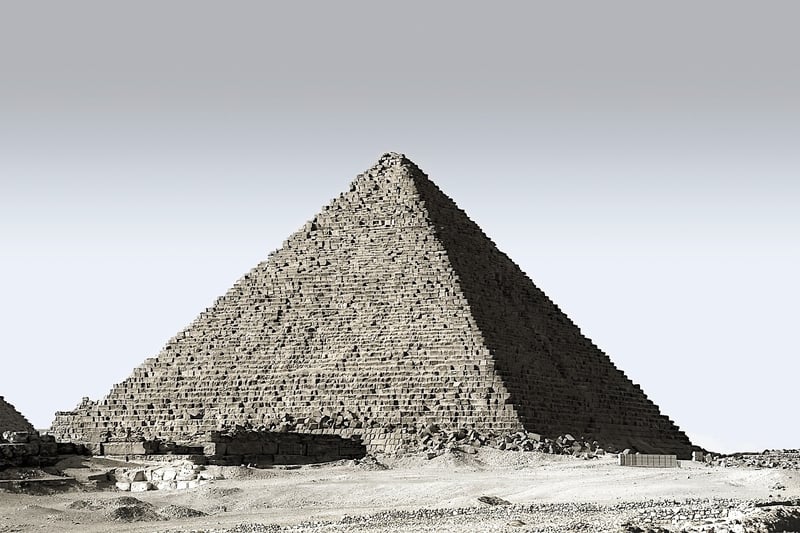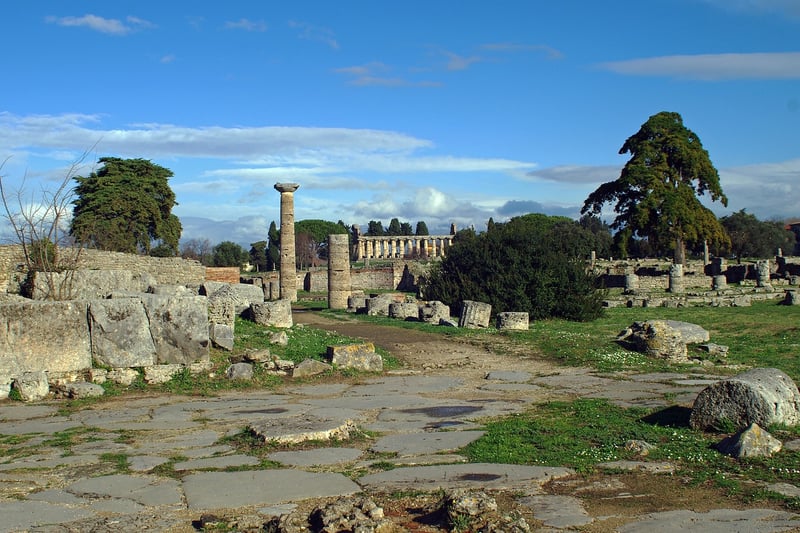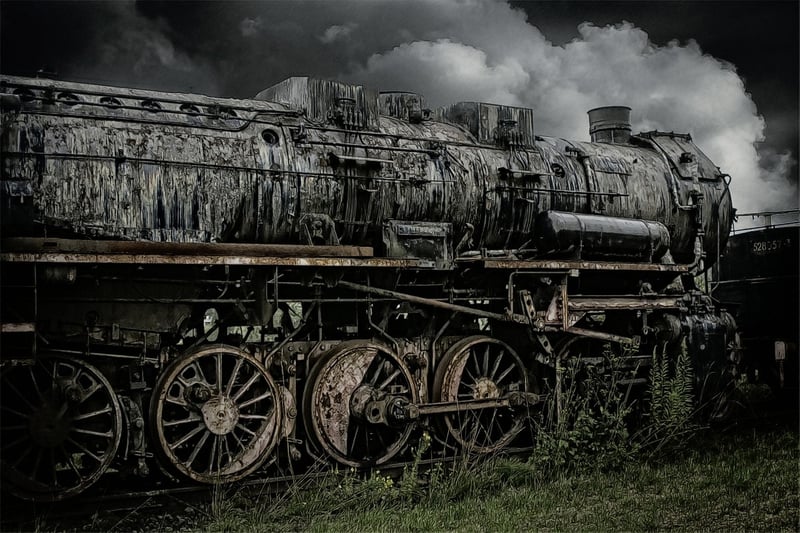Historical Moments
Exploring Time Periods and Historical Moments
Introduction to Different Time Periods
History is a fascinating tapestry woven with different time periods, each characterized by unique events, people, and cultural shifts. Let's embark on a journey through some of the most significant epochs in human history.
Ancient Civilizations: The Cradle of Civilization
Ancient civilizations such as Mesopotamia, Egypt, Greece, and Rome laid the foundation for modern society. These cultures pioneered advancements in agriculture, architecture, and governance that continue to influence us today.
Key Historical Moment: The Construction of the Pyramids of Giza
The Pyramids of Giza stand as a testament to the engineering marvels of ancient Egypt. Built as tombs for pharaohs, these monumental structures continue to awe and inspire visitors from around the world.

The Middle Ages: Feudalism and Chivalry
The Middle Ages were characterized by feudalism, knights, and the rise of powerful empires such as the Byzantine and Holy Roman Empires. This era saw the flowering of Gothic architecture and the age of epic tales of chivalry.
Key Historical Moment: The Magna Carta
Signed in 1215, the Magna Carta limited the power of the English monarchy and established the principle that everyone, including the king, was subject to the law. This document laid the groundwork for modern constitutional governance.

The Age of Exploration: Discovering New Worlds
The Age of Exploration saw European powers embarking on voyages of discovery that led to the establishment of global trade routes and the exchange of ideas, goods, and cultures between continents.
Key Historical Moment: Christopher Columbus's Voyage to the Americas
In 1492, Christopher Columbus sailed the ocean blue and reached the shores of the Americas, opening up a new chapter in world history and forever changing the course of humanity.

The Industrial Revolution: The Age of Innovation
The Industrial Revolution transformed societies with the advent of mechanized production, urbanization, and technological advancements. This period marked a shift from agrarian economies to industrialized nations.
Key Historical Moment: Invention of the Steam Engine
The invention of the steam engine by James Watt in the 18th century revolutionized transportation, manufacturing, and communication, paving the way for the modern world powered by steam and later electricity.

Conclusion
Exploring different time periods and historical moments allows us to understand the complexities of human civilization and appreciate the legacy left by our ancestors. Each era contributes to the rich tapestry of history that shapes our world today.
